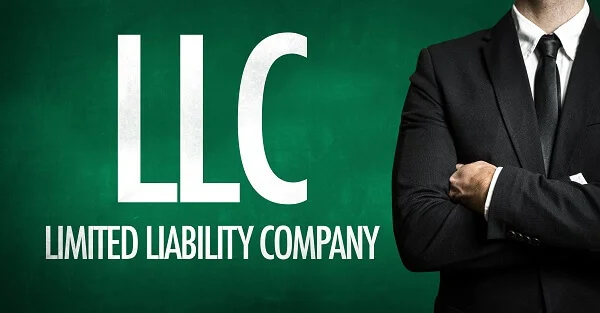attorneys for an llc
During the early, heady days of a business, it is quite common for the company’s founders to spend hours with attorneys, accountants, and other strategists, mulling over the alternative legal structures that might be utilized for the business. Often, the informality of governing structure allowed to a limited liability company (LLC), coupled with the flow-through tax treatment afforded to members of an LLC, are sufficient to cause owners of a fledgling business to choose that structure instead of that provided for “traditional” corporations. Many business owners don’t recognize that the choice of LLC structure need not be irrevocable. The correct legal format of a fledgling company may not remain frozen in place for a more mature company. Is the LLC structure still appropriate for your business?
Two Dominant Reasons Why You May Need a Change in Structure
While each business is unique, many legal and business experts advise owners to reconsider their LLC structure when either of two factors comes into play:
• The informality of an LLC’s governance structure gets in the way of effective management of the business
• New members have invested in the company, yet they do not want the flow-through tax treatment afforded to members of the LLC
Conversion: “Ring Out the Old, Ring in the New”
While the mechanism for change in company structure goes by various names, most legal experts refer to it as “conversion,” a process in which a business entity’s legal “type” is changed from, say, an LLC to a corporation or, alternatively, when the entity doesn’t change its legal structure, but does change it tax election.
Legal Conversion
Generally speaking, legal conversion is an actual alteration of the business entity’s legal structure. For example, if the company was originally organized as an LLC, a conversion to corporate structure would require the preparation and filing of new corporate documents. In California, an LLC is governed by the state’s Revised Uniform Limited Liability Company Act, whereas corporations are governed by other provisions of the California Corporations Code.
Tax Conversion
In some instances, business owners who have structured their companies as LLCs, and who desire a change in structure, may find that formal, “legal conversion” isn’t necessary; a more limited “tax conversion” may be sufficient. This springs from the fact that the IRS doesn’t recognize LLCs as a type of business entity. It puts businesses into one of three categories: Sole proprietorships, partnerships, and corporations. And so, while California provides for the creation of LLCs, from the IRS perspective, the entity must be treated as something else (e.g., a partnership) if there are multiple “members” and no alternative tax election has been made.
An LLC that currently is being taxed as a partnership can change its election to that of a corporation without filing any formal papers in Sacramento. At the state level, it will still be an LLC. At the federal level, for federal tax purposes, it will be considered a corporation.
Do you have concerns that your company’s governance structure is not adequate? Have you taken in new investors whose interests are not necessarily aligned with those of the fledgling business? Do you need to consider either a legal or tax conversion?
CKB VIENNA LLP: A Full-Service Consulting and Law Firm
The law firm of CKB VIENNA has a long history of representing business owners, both in the “fledgling” stage of operation and in more “mature” phases. Our attorneys provide counsel in the appropriate structure for both new and seasoned businesses. We don’t stamp out cookie-cutter solutions. We first gain a true understanding of the client’s goals, concerns, and unique issues, then we work with the client to achieve success. CKB VIENNA has offices in Rancho Cucamonga, San Bernardino, and Los Angeles. Contact us by telephone at 909.980.1040 or complete our online form.

